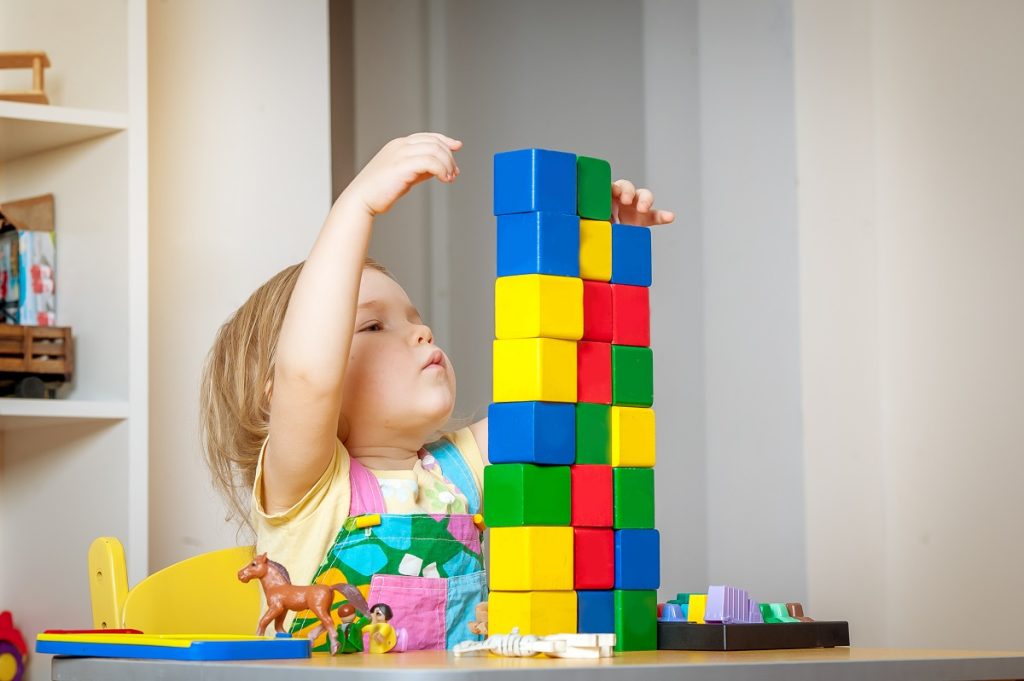- Create a conducive environment with study space, learning resources, and encouragement for curiosity and exploration.
- Choose educational activities based on the child’s interests, including games, arts, outdoor adventures, and music classes.
- Define clear learning objectives to provide a roadmap for the child’s educational journey and foster focused learning.
- Regularly track progress and achievements to record the child’s growth and celebrate milestones in their learning journey.
- Stay flexible and adjust strategies as needed to cater to evolving learning requirements and ensure effective education.
Life is an ongoing journey of acquiring knowledge and skills, starting at a young age and continuing throughout their lifetime. Learning lays the foundation for personal and professional growth in various aspects of life.
Parents play a crucial role in facilitating their children’s development of the necessary competence to tackle challenges effectively.
In pursuing growth and success, individuals understand that life is a lifelong learning process. Starting early and continuously learning is crucial. Learning provides a solid foundation for personal and professional growth.
Therefore, parents guide their children in acquiring the necessary skills and knowledge to navigate life’s complexities.
Many believe that life is a continuous journey of learning. Starting early and maintaining this process is crucial. Acquiring knowledge and skills leads to growth and success in various aspects of life, personal and professional.
This blog post offers insights on how parents can foster lifelong learning through weekend education strategies.
Creating a Learning-Friendly Environment
Establishing a learning-friendly environment is crucial for cultivating practical learning skills in children. The following are essential tips for creating an atmosphere that supports their children’s learning:
Designing a Dedicated Study Space
Creating a dedicated study space, complete with all the essentials, such as study tools, a well-organized desk, and a comfortable chair, plays a crucial role in fostering intentional learning.
Providing a dedicated environment conducive to learning encourages individuals to immerse themselves in their studies, leading to enhanced focus, productivity, and academic achievement.
Setting Up Learning Resources
Adequate learning resources, such as books, educational videos, and reference materials, enhance learning and promote engagement. It is essential to make available resources that match each child’s interests to keep the learning process exciting and enjoyable.
Encouraging Curiosity and Exploration
Children are naturally curious and enjoy exploration. Encouraging curiosity and exploration makes learning more engaging and promotes discovering new interests. Parents can foster this through museum visits, interactive exhibitions, and outdoor investigations.
Choosing Educational Activities
Choosing educational activities based on the child’s area(s) of interest promotes the development of skills and knowledge required in that area. Discover the following activities that can help children expand their knowledge and spark their talent and creativity:
Exploring Educational Games and Apps
Children sometimes require more than just textbooks when it comes to effective learning. Children can enjoy a fun and interactive learning experience beyond traditional methods by exploring various educational games and apps.
These games and apps provide age-appropriate content, enabling children to explore diverse subjects while developing essential skills and knowledge.
Engaging in Creative Arts and Crafts
The creative arts provide a fascinating and immersive platform for children to develop and nurture essential skills in problem-solving, critical thinking, and communication. Children can explore their boundless imagination and unleash their creativity by engaging in various hands-on activities such as painting, drawing, and building model airplanes.
Promoting Outdoor Learning Adventures
Getting children outdoors presents a myriad of remarkable opportunities for learning and growth. It allows them to immerse themselves in the wonders of nature, fostering a deep connection with the environment while unraveling fascinating concepts such as ecology and geology.
Music Classes for Children

Music is an essential part of learning, and music classes for children provide an interactive way to learn music concepts, develop auditory skills, and improve brain development. Music enhances creativity and promotes emotional intelligence, making it a good choice for parents looking to encourage their children’s holistic development.
Setting Realistic Goals and Assessing Progress
Setting goals and regularly assessing progress is crucial for children as it helps them stay focused, intentional, and motivated throughout the learning process. Here’s how parents can help:
Defining Learning Objectives
Defining clear and specific learning objectives is of utmost importance when helping children understand the purpose and direction of their study.
By establishing these objectives, you can provide children with a roadmap for their learning journey, guiding them toward meaningful progress and achievement.
Tracking Progress and Achievements

Tracking progress and achievements is valuable for parents as it helps them maintain a comprehensive record of their child’s growth and development and provides tangible evidence of their learning journey.
Parents can lay a solid foundation for a lifelong love of learning by diligently documenting milestones and accomplishments.
Adjusting Strategies as Needed
As children progress and grow, parents may need to adjust their strategies to keep up with the evolving needs of their children. Regularly assessing progress allows for timely adjustments that can help ensure effective learning. By providing a supportive learning environment, parents can foster lifelong learners.
Parents can achieve this through creating a learning-friendly environment, designing a dedicated study space, setting up learning resources, encouraging curiosity and exploration, and more.
They can help their children reach new heights of academic success, creativity, and self-confidence by fostering a love of learning and setting the foundation for lifelong learning.






